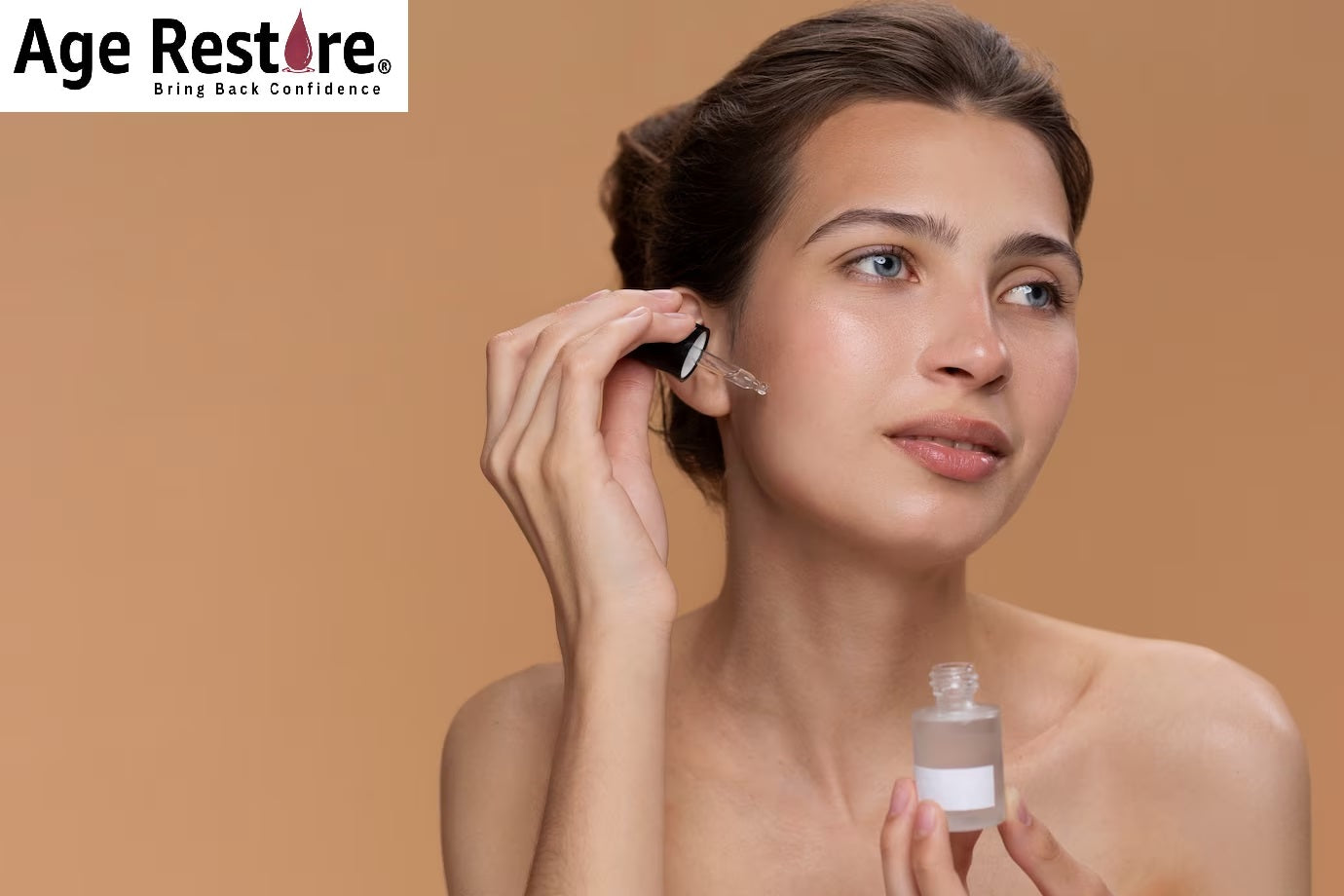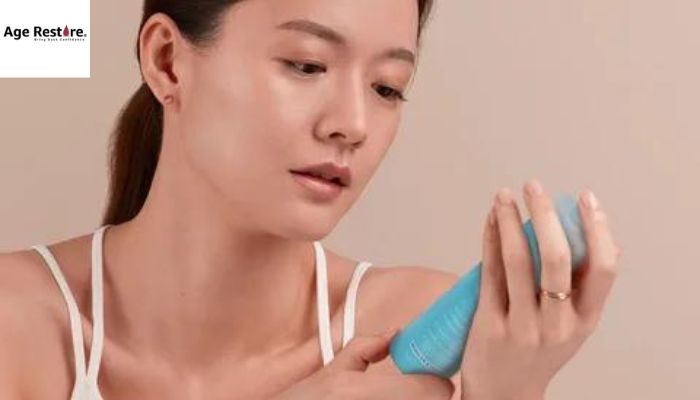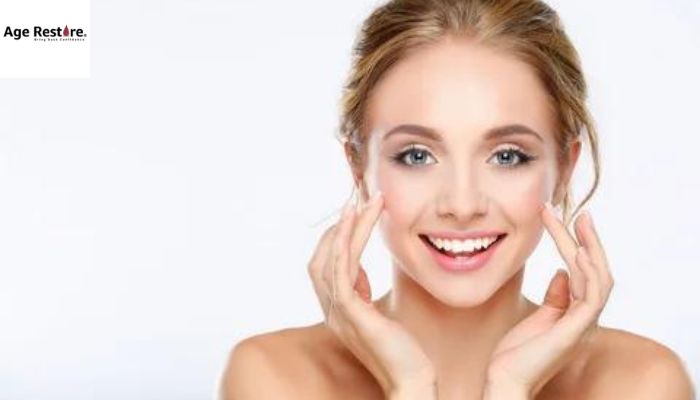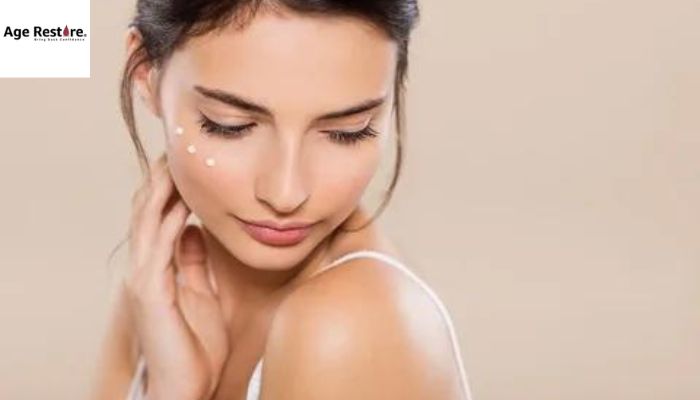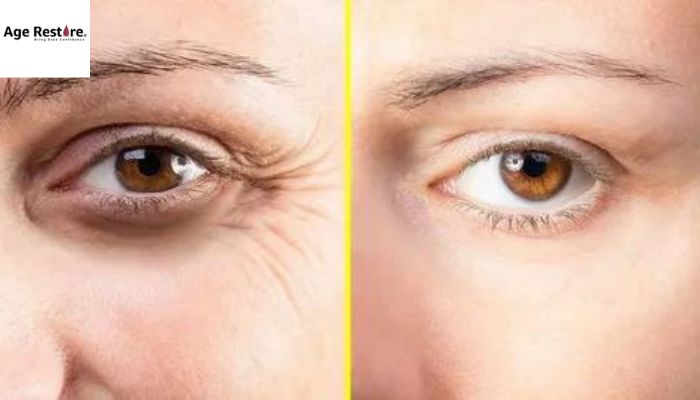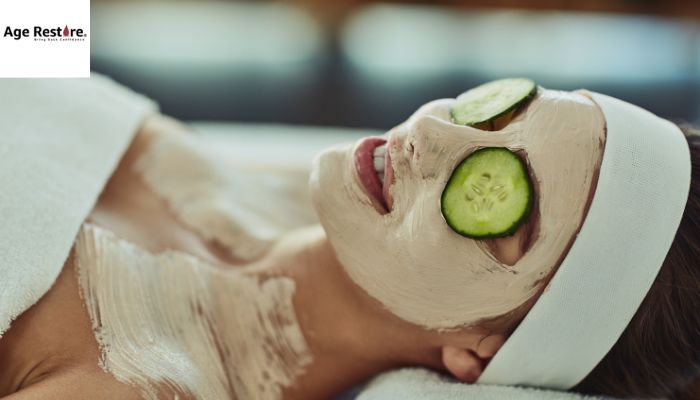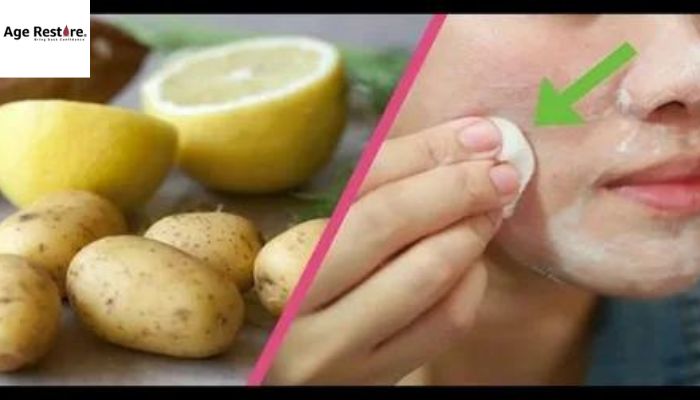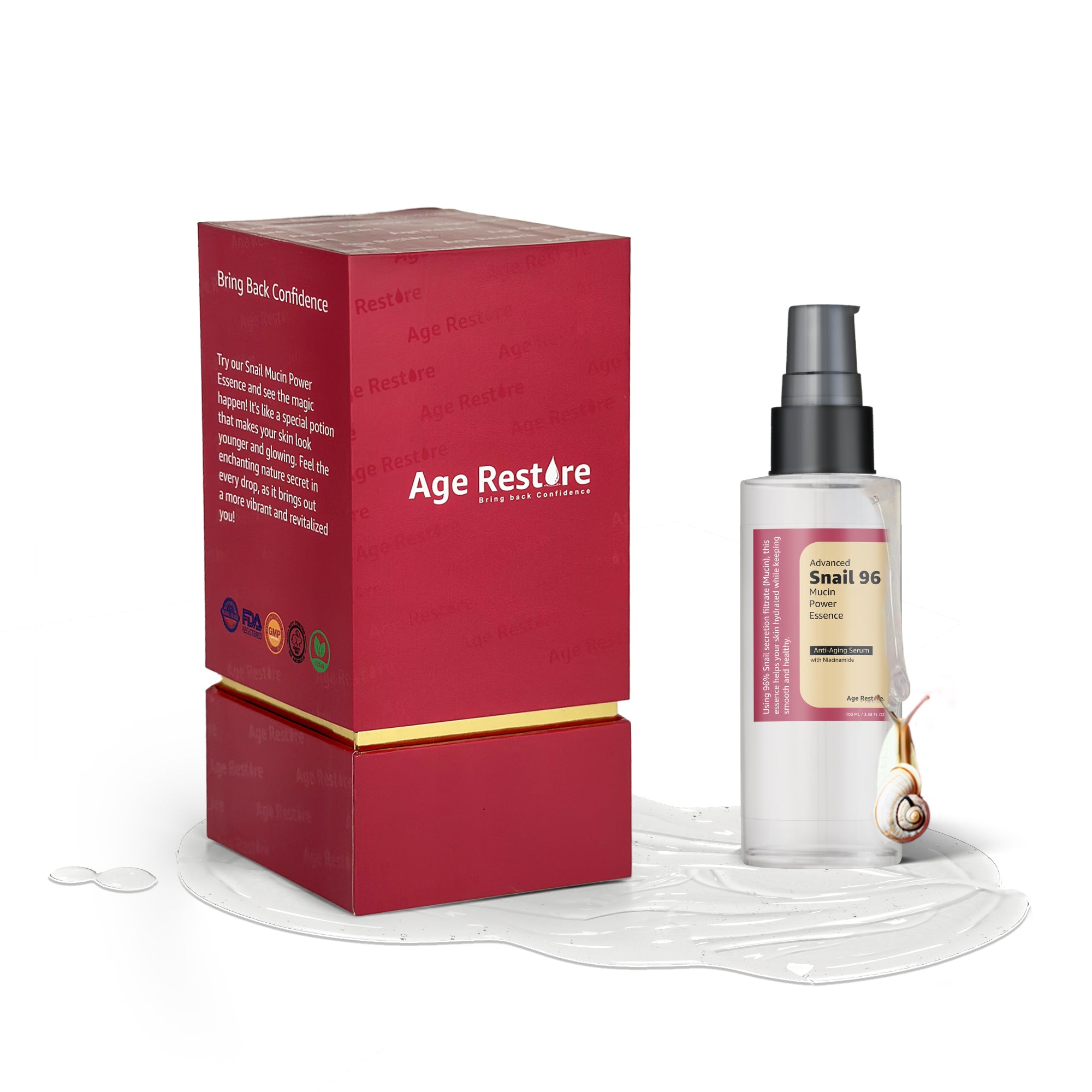
Does Your Skin Type Determine How You Age?
Does Dry Skin Age Differently Than Oily Skin? It Certainly Does. Read on for all that we know about how your skin type affects the Aging Process.
Aging skin affects us all. While you can take steps to safeguard and care for your skin as best possible, this will only delay visible signs of aging; eventually it's going to happen no matter what. Aging is inevitable because that's life!
Time may be an unavoidable cause of skin aging; but other factors also impact its acceleration. You have control over external factors - for instance, stress levels, skincare routine and how much sleep you get as well as diet can all play a part. Sun protection (with SPF 30 Mineral Sunscreen containing Vitamin C is recommended as one such measure to combat sun rays that damage our skin!) is another crucial aspect.
Add to all this the genetic stuff happening within your body; your internal clock that you cannot change. Your genetic makeup determines your skin type and, with help or hindrance from external factors, can even control how much collagen and elastin you produce - and at what pace this production decreases as time passes.
What Is Your Skin Type?
While many different skin concerns such as dehydration, acne, sensitivities and aging exist, four main skin types exist - dry, oily, normal and combination. If you're still uncertain which category fits you best here's a simple test to help identify it!
First, cleanse your face using a gentle cleanser such as Soothing Cleansing Milk before patting it dry and leaving for up to one hour - without applying moisturizer or serum - without touching. Next, stand before a well-lit mirror and examine and touch your face using clean hands - what does it feel and look like? Are your tight and itchy, looking dull with flakiness on top - signs that it might be dry skin; is its surface shiny or oily - both are signs that something might be wrong; combination skin types or finally normal skin could also exist on this journey if necessary!
How Does Your Skin Type Affect Aging?
At first glance, your skin type won't directly impact aging; sebum doesn't directly correlate to wrinkles; although we know you might have been led to believe otherwise when suffering with excessive oil and breakouts as hormonal teenagers. Wrinkles occur due to collagen and elastin production slowing down, not due to insufficient sebum production.
However, oily skin does have its perks: sebum contains skin-nourishing components such as squalene and fatty molecules which help seal in moisture for added hydration and protection from the outside world (check!). Oily skin tends to be thicker and plumpier than dry skin providing additional padding that makes fine lines and wrinkles far less apparent (ditto!); you might notice less visible lines and crinkling around the forehead and cheeks where sebum production tends to be highest.
Dry skin tends to be thinner and lacks natural moisturization, leading to less volume and emphasising lines and wrinkles more readily than its oilier counterpart. While you might notice more fine lines and wrinkles with dry skin types than oilier types, your pores won't likely widen with age and your texture may improve over time - an advantage for sure!
What about normal and combination skin types? In most cases, you will fall somewhere in between.
Aging doesn't just involve lines and wrinkles; it also encompasses many changes to skin such as more prominent pores, lack of firmness, thin skin and dark spots.
Does Your Skin Affect These Changes, Too? Not Really. Sure, genetics play a part in how quickly fat content decreases, sebum production slows and blood vessels become thinner and fragile over time; but external factors often have greater bearing in determining these outcomes - factors like fluctuating hormones, skin damage or sun exposure tend to play the biggest role here when it comes to uneven pigmentation issues.
Your Best Defense against Aging Skin
Acknowledging the risks of aging skin may be useful, but since genes and your skin type cannot be changed directly, we suggest you focus on what can be changed for healthy aging regardless of your skin type. Here is our essential list for healthy aging!
1. Select Gentle Skincare Products
It may be tempting to overload your body with active ingredients and harsh products when there are so many available, especially if you have oily skin, but this would only lead to disappointment. Gentle ingredients work best when combined with carefully curated formulations created specifically with fragile, aging skin in mind - like our Collagen collection's incredible way to strengthen its barrier function for healthier, maturing skin while simultaneously supporting natural collagen production! We think it's a win/win solution!
2. Eat Well
Overloading your body with sugar, salt, processed foods and refined carbs can leave harmful compounds behind in your skin that damage collagen, tear up elastin and prematurely age you quickly. For best results, opt for a balanced diet rich in omega fatty acids and antioxidants in order to nourish its health from within.
3. Quit Smoking
Tobacco contains so many harmful compounds that we simply can't list all of their effects here. But know this: smoking seriously damages your skin, altering its texture, tone, elasticity, firmness and color in ways no other activity can. According to research conducted by the American Osteopathic College of Dermatology, heavy smokers aged 40-50 often resemble that of nonsmokers aged 70+ after 70 years - we'll leave it at that.
4. Protect Your Skin From the Sun
Have we mentioned that sun exposure is one of the primary sources of external aging across all skin types? That being said, take steps every day to shield your skin with antioxidant-rich products like our fan-favorite Vitamin C Facial Serum as well as broad spectrum sunscreen - these should become standard practices without question.
5. Sleep Well
Rest is important for skin rejuvenation; while your body rests, its skin can work on healing itself for another day of battle against aging. Blood flow increases to provide it with essential oxygen and nutrients; cell turnover accelerates due to collagen production increasing; antioxidants kick in to protect from damaging free radicals - without this rejuvenation period, your skin has no chance in the war against aging - try sleeping between seven and nine hours every night!
Moral of the Story? While your genetic makeup or your existing skin type cannot be changed, there are lifestyle habits you can adopt to ensure your skin ages gracefully.
Where is that sunscreen again?...
Read more about our Facial Serums

